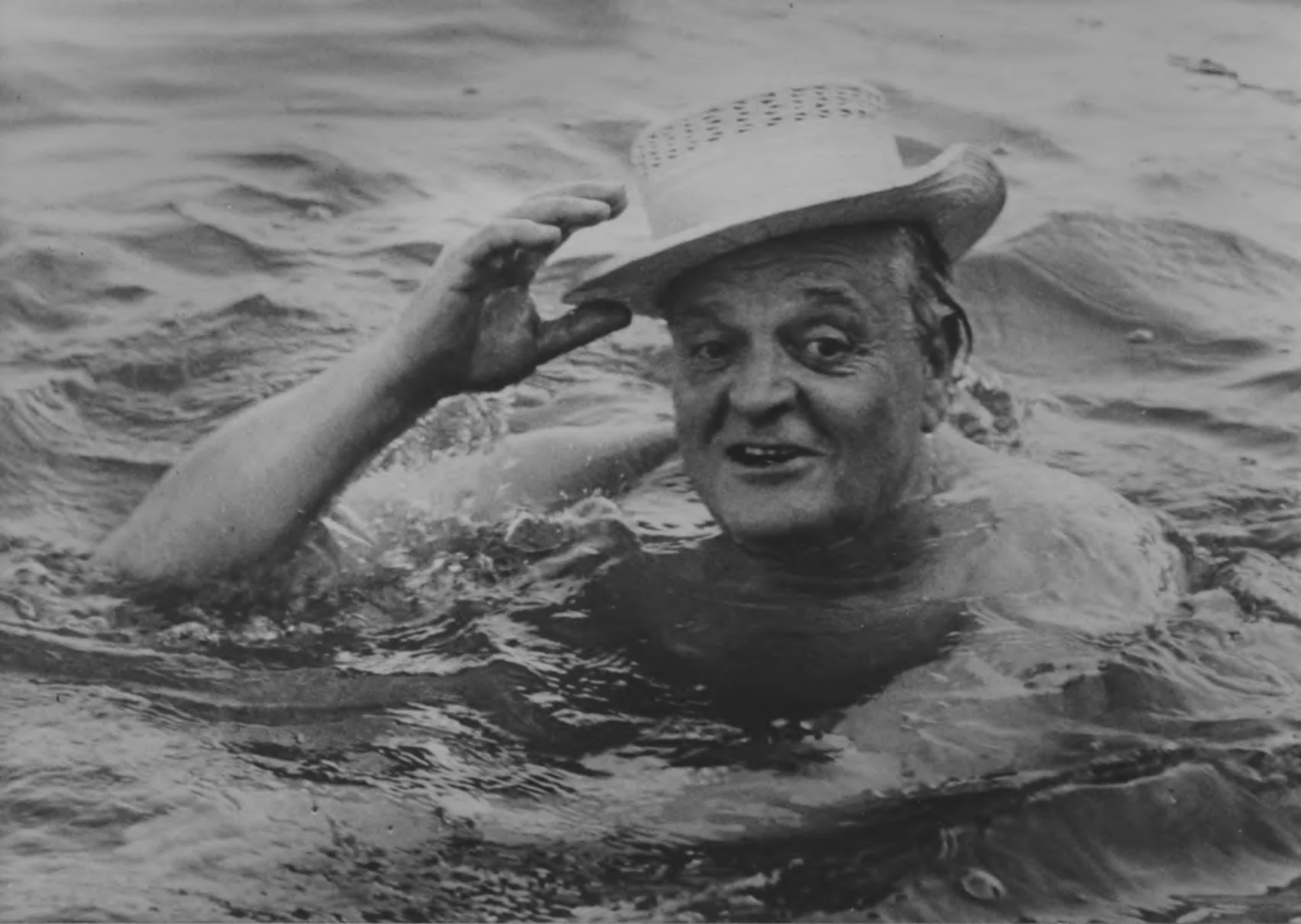Kontakt

Richte bitte individuelle Anfragen zur Geschichte der Migros an das Historische Firmenarchiv des Migros-Genossenschafts-Bundes.
navigation
Not permitted to sell pasteurised milk, the Migros cooperative in Basel started the «milk war». It began by illegally selling milk; then, after having been fined, the milk was given away in return for a « voluntary» donation.
In the autumn of 1959, a year after the Migros Cooperative Zurich does so, the Cooperative Basel applies for permission to sell pasteurised milk in its branches. They wait seven months without a reply, and then Rudolf Suter, Director of Migros Basel and LdU member of the Swiss Parliament, discovers that two department stores are ” without difficulty ” selling pasteurised milk. He then ”decides to take action himself“ as the Die Tat, the LdU newspaper writes: He organises the free distribution of quarter-litre packs of pasteurised milk and prepares a petition for the liberalisation of the sale of milk. Within a short time, 35,000 people sign the petition.
At last, permission is given, but according to Die Tat, it is limited by ”political power and lobbyistic measures“: The sale is only permitted in three branches, and the milk must be obtained from the regional milk association. But Suter starts the sale in 22 branches and obtains the milk from the Migros Cooperative Zurich, which has just built an impressive new pasteurised milk plant. And, as all good things come in threes, he lowers the price per litre to 7 centimes below the legally fixed price of 72 centimes.
When the authorities hear of this, they call for an immediate halt to the sale of milk, but Suter ignores the directive. He is subsequently fined 200 francs by the magistrates. After the proceedings, an official representing the plaintiff tells a journalist that he had never seen anyone who ”so consciously and so intentionally obstinately“ disregards legal requirements as Suter does.
Even the Frankfurter Allgemeine Zeitung reports on the disagreement. Under the title ”Duttweiler's milk war in Basel“ it reports that the ”belligerent founder“ of Migros has ”once again dug up the hatchet“. In fact; the Brückenbauer calls upon the people to oppose: ”Swiss people are not subjects, they are citizens. They have the right to rebel against arbitrariness when it is required in order to serve the people.”
In Basel, a Migros advertisement informs readers that giving away milk is ”not prohibited“. Each customer could therefore take ”up to 1 litre per day for free“: ”It is up to the housewives to voluntarily give the appropriate amount to cover the cost of what they require for their family table.” In the shops, ”money boxes“ are installed next to the milk shelves and posters are put up asking for ”give-and-take”. Only when the authorities threaten coercive measures; the campaign is stopped.
Three years after the ”Basel milk war”, Migros and the milk associations get it all together and declare: ”A milk war is no solution!!!” With posters, advertisements and window displays, they advertise together for milk as a healthy food. Their slogan reads: ”An extra glass of milk per day because milk makes things better”.